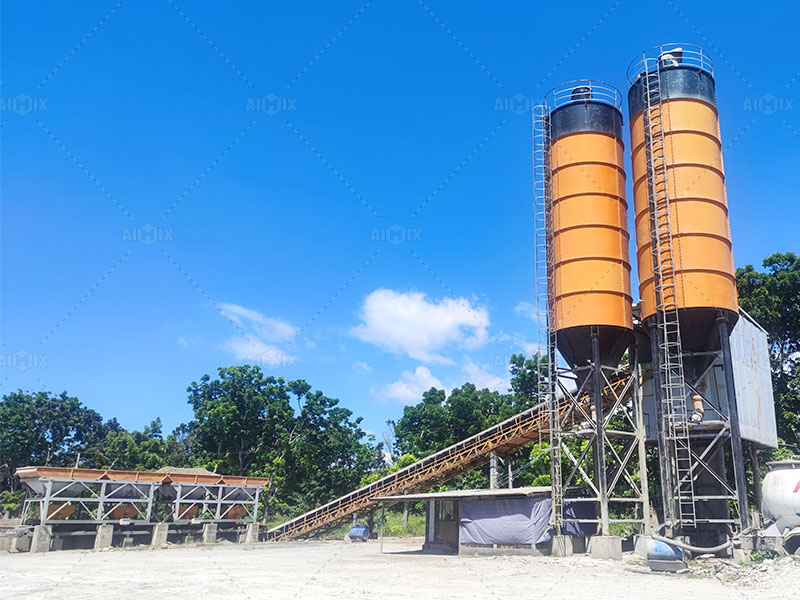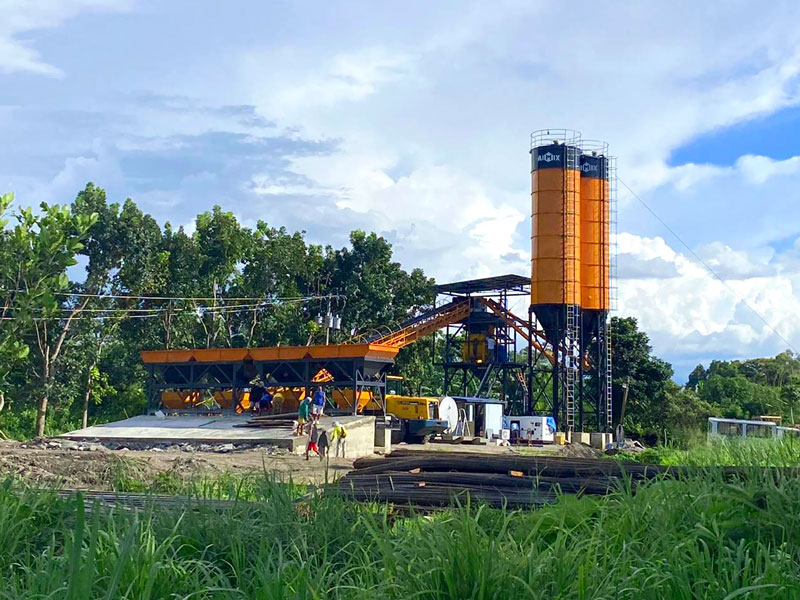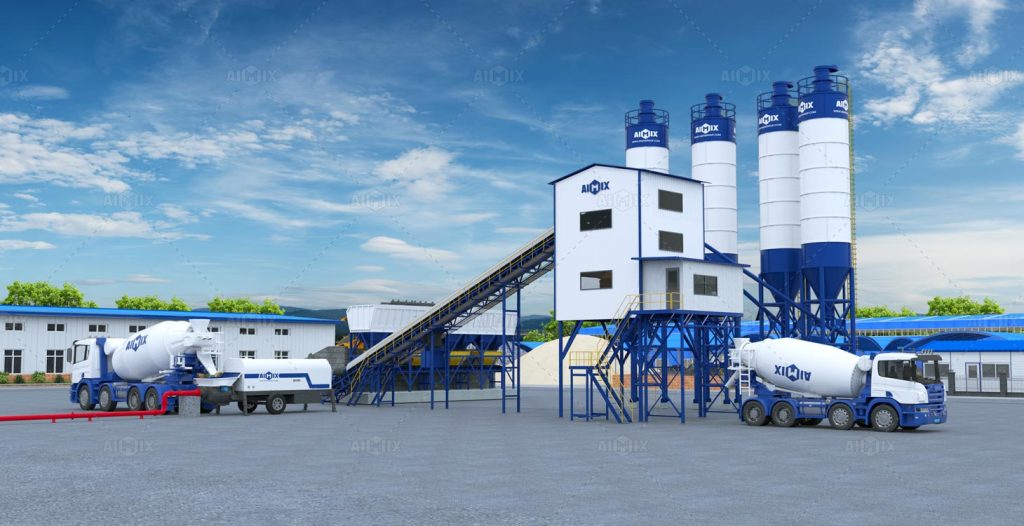Concrete stands as the backbone of modern construction, and the utilization of ready mix concrete plants has redefined the industry’s landscape. These plants offer an array of advantages that revolutionize the construction process, streamlining efficiency and enhancing quality.
1. Consistent Quality
Ready mix concrete plants ensure unparalleled consistency in concrete production. The precise measurement of ingredients and controlled environment results in a uniform mixture, enhancing structural integrity. If you also focus on this point, you can discuss with Aimix and find a favorable one machine: https://aimixgroup.com/.
2. Time Efficiency
Efficiency becomes a hallmark with these plants. The ready mix concrete eliminates the need for on-site mixing, saving substantial time, reducing labor efforts, and accelerating project timelines.

3. Cost-Effectiveness
The controlled production environment minimizes material waste, optimizing costs. Reduced labor requirements and quicker project completion contribute to overall cost savings.
4. Enhanced Strength
The controlled conditions of ready mix plants foster better quality control, resulting in concrete with higher strength and durability, crucial for robust construction.
5. Flexibility in Design
The adaptability of ready mix concrete allows for customized mixes, catering to diverse project requirements, whether for architectural aesthetics or specific structural demands.
6. Environmental Sustainability
Reduced wastage, controlled resource usage, and efficient transportation contribute to a smaller environmental footprint compared to traditional concrete production methods.

7. Improved Safety Standards
The stringent quality checks, ensuring compliance with safety standards, reducing the risk of on-site accidents and structural failures, are guaranteed by batch plant.
8. On-Site Efficiency
The direct delivery of concrete to the site eliminates the need for on-site storage and handling, enhancing logistical efficiency and minimizing construction disruptions.
9. Quality Assurance
Quality assurance (QA) embodies a systematic approach ensuring that products or services meet predefined standards. In the context of construction, QA in ready mix concrete plants involves comprehensive processes to maintain and enhance concrete quality. It encompasses stringent checks at every stage: from sourcing raw materials to batching, mixing, transportation, and delivery. Rigorous testing methods, including sampling, strength assessments, and consistency checks, validate the concrete’s properties, ensuring it adheres to specified standards.

QA protocols also involve continuous monitoring, calibration of equipment, and adherence to industry regulations. The overarching goal of QA is to guarantee consistent, reliable, and high-quality concrete manufactured by small cement plant, mitigating risks, enhancing structural integrity, and instilling confidence in the construction process.
10. Versatile Applications
Versatile applications of ready mix concrete refer to its adaptability across diverse construction needs. This concrete’s flexibility allows tailoring mixes to suit specific project requirements, whether it’s for residential, commercial, or infrastructural endeavors.
From basic foundations to intricate architectural designs, ready mix concrete adapts, offering the strength, consistency, and durability needed for varied construction projects. Its ability to accommodate unique demands, be it in terms of load-bearing capacity, specialized finishes, or customized formulations, underscores its versatility. This adaptability makes ready mix concrete a go-to choice across a spectrum of construction applications, showcasing its efficacy in meeting the distinct needs of different projects thanks to ready mix concrete plant.
In conclusion, the integration of ready mix concrete plants into construction methodologies brings forth an array of advantages. From ensuring consistency and strength to optimizing time, costs, and environmental impact, these plants stand as pillars of efficiency and quality in the ever-evolving construction industry.